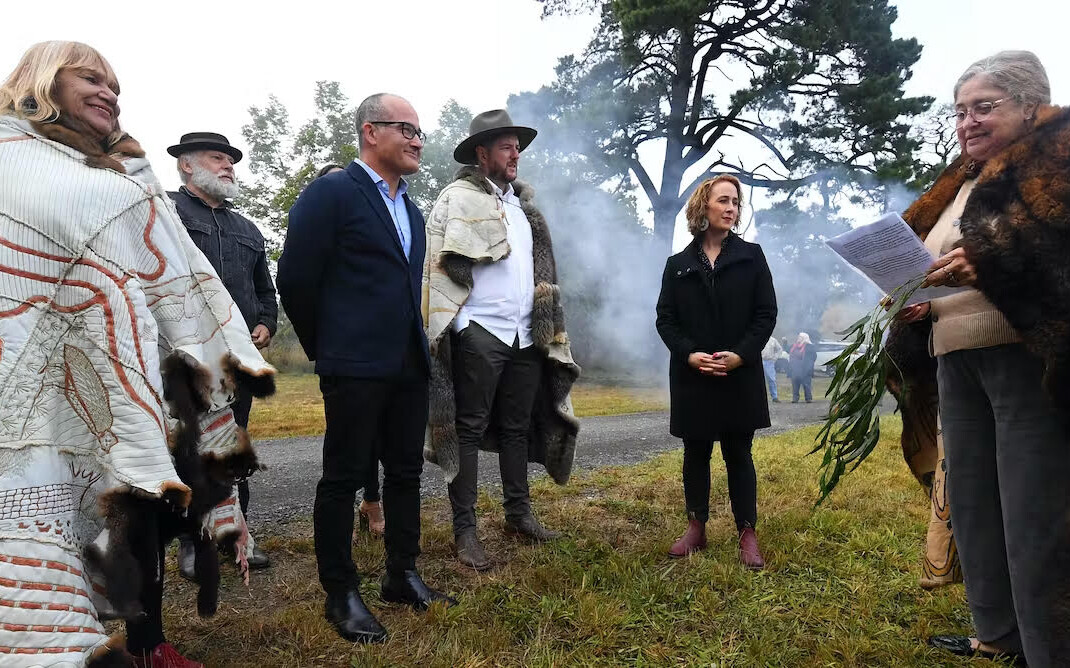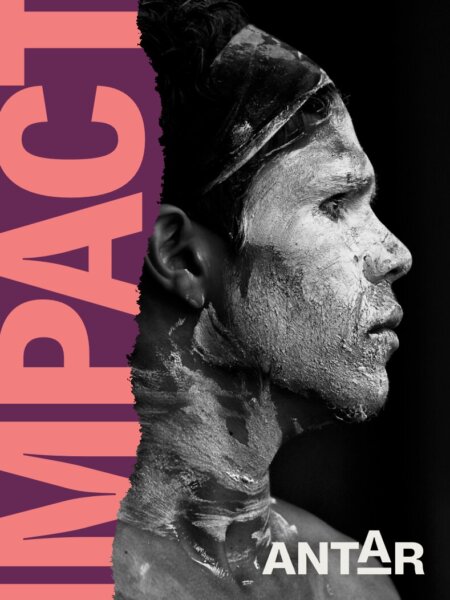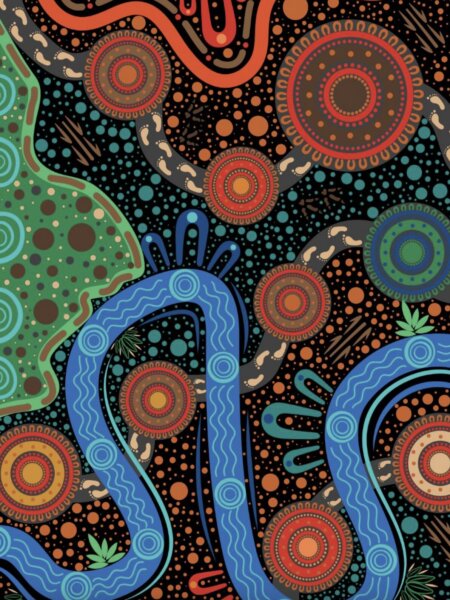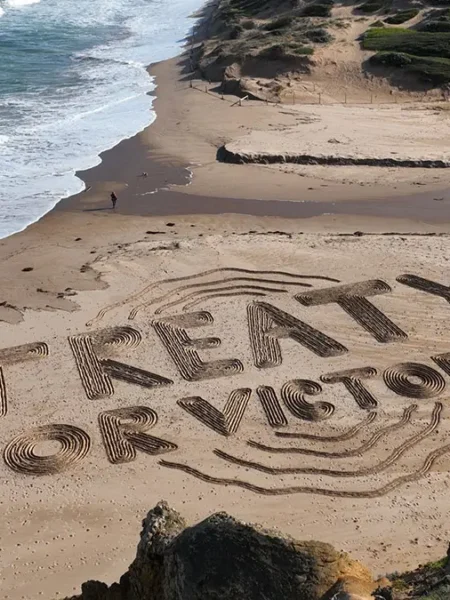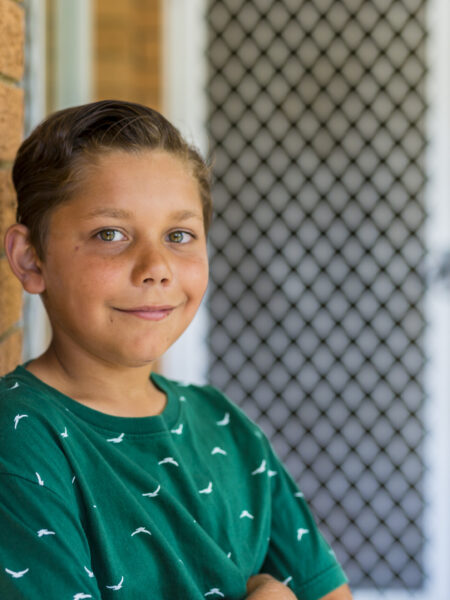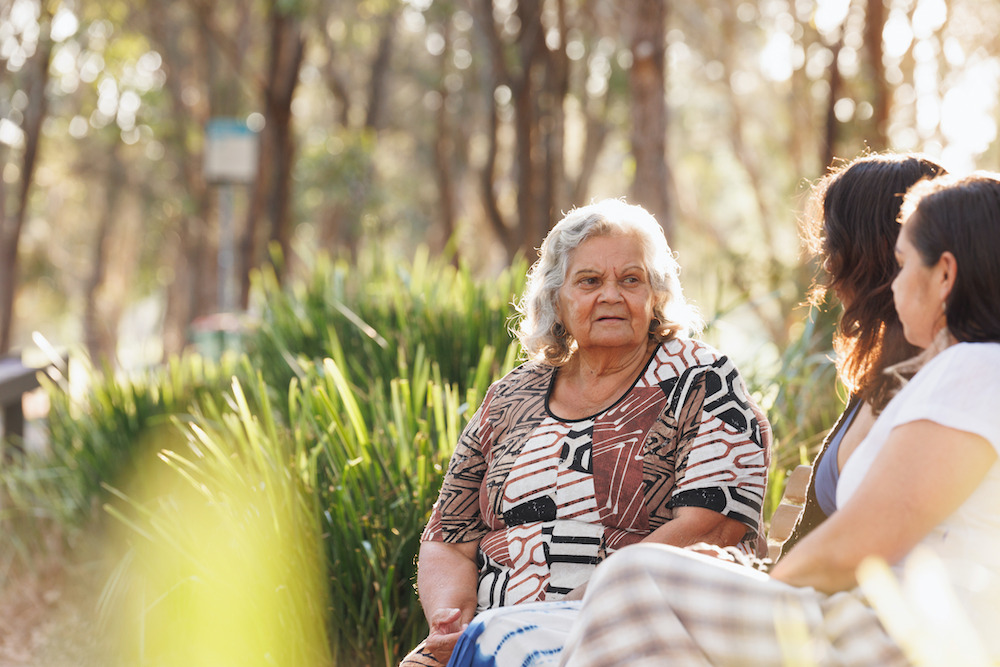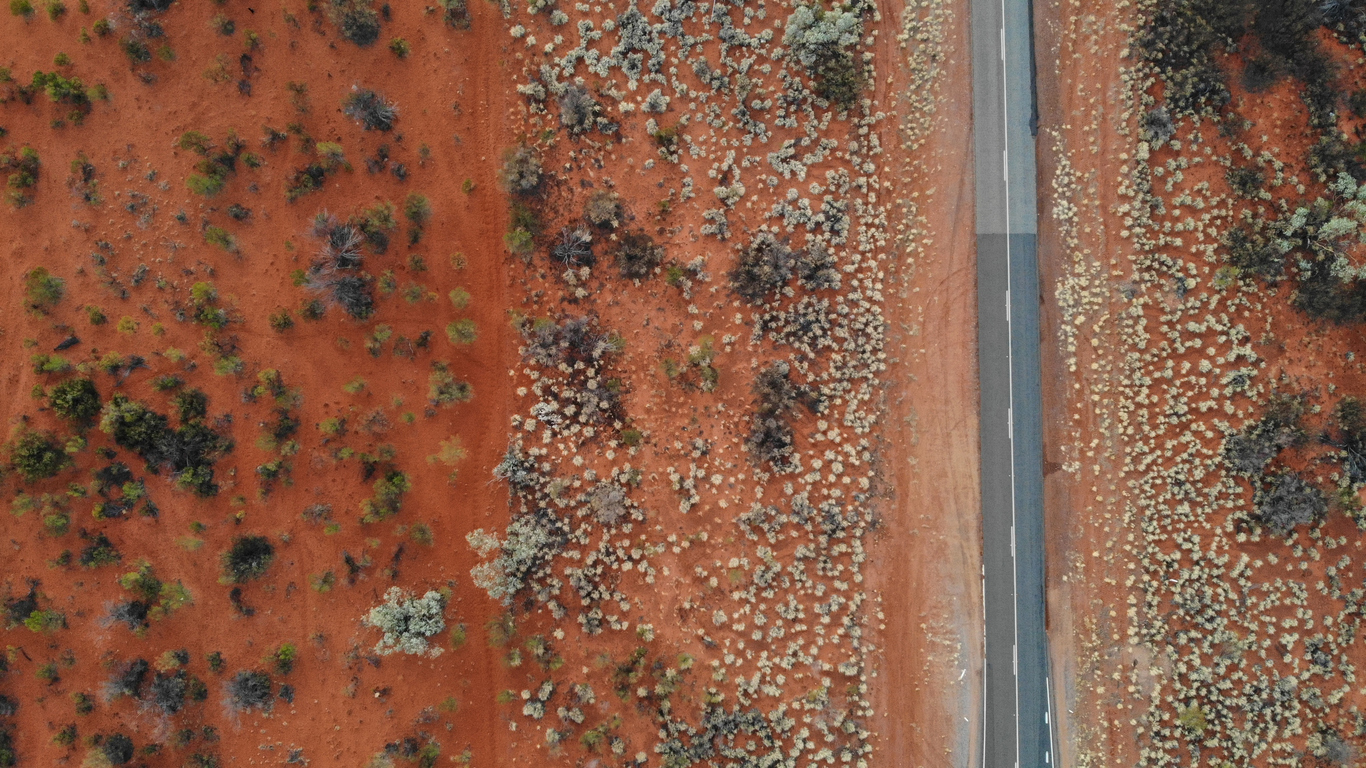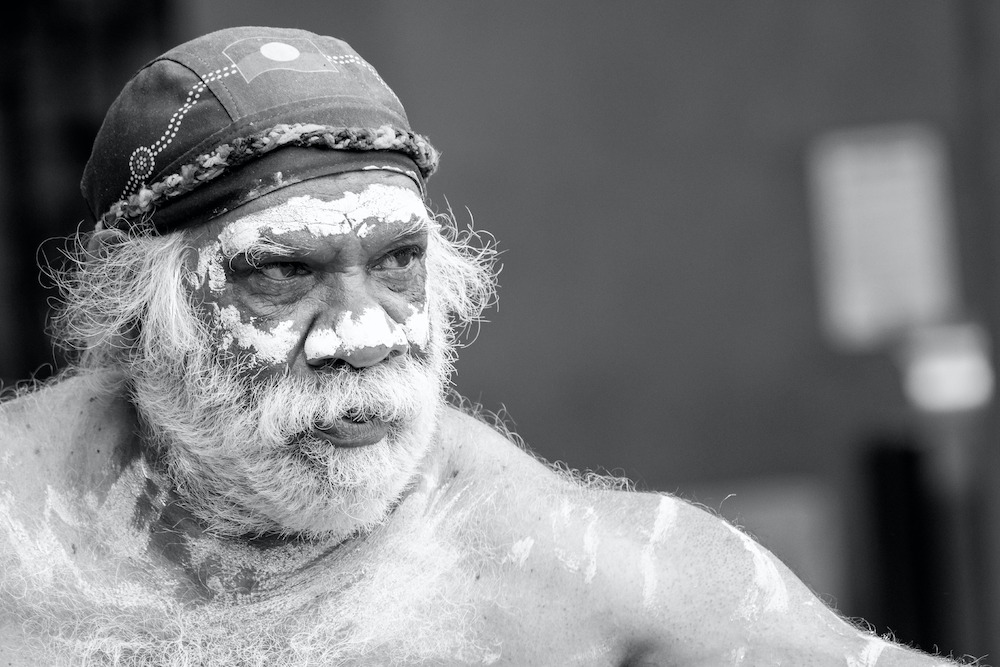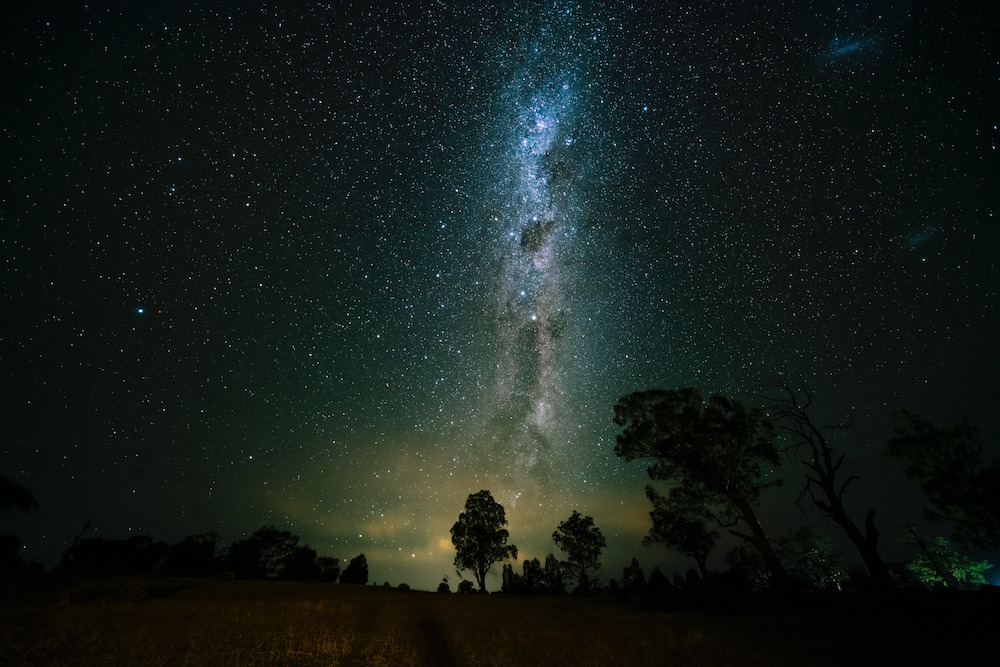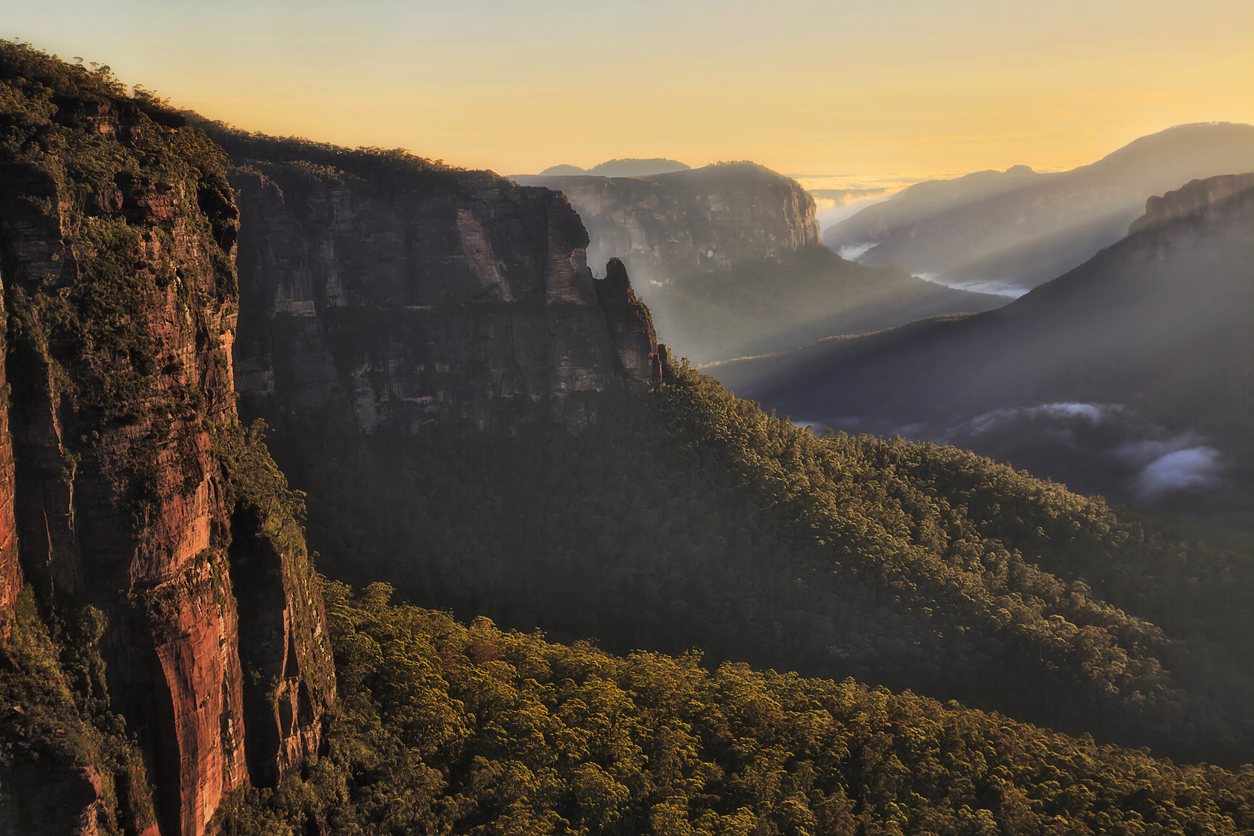Truth-telling is an opportunity for First Nations people to share their stories, experiences and truth. It’s also an opportunity for non-First Nations people to enrich their understanding of our shared history. Truth-telling can be a unifying, healing and positive force for our whole community.
Senator Dorinda Cox, Yamatji Noongar woman
Victoria
The Victorian Yoorrook Justice Commission is Australia’s first formal truth-telling process.
In June 2020, taking its cue from decades of community activism, the First Peoples’ Assembly of Victoria – as Victoria’s First Nations representative body or ‘Voice’ – called for the commencement of a truth-telling and justice process. In response, the Victorian Government announced its commitment to a truth and justice process designed to be run in parallel with Victoria’s treaty process, and in August 2020 launched a six month co-design process with the First Peoples’ Assembly based on consultation with Aboriginal communities across Victoria.
The Yoorrook Justice Commission – which is independent from both the Assembly and the Victorian Government – was formally announced in March 2021 with the mandate to investigate the truth of historical and contemporary injustices against First Nations Peoples in Victoria since colonisation, and to make recommendations for practical reforms needed in Victoria to address such injustices. Unlike Canada and South Africa’s truth commissions, Yoorrook’s work is not limited to a specific time period.
The Commission delivered their first interim report in June 2022, detailing First Nations elders’ experiences of systemic violence such as discrimination, dispossession from land, legal injustice and child removal. The report clearly stated that the Commission was “not yet ready to make findings and recommendations on substantive matters” but raised two issues related to its ongoing operations, which were:
- that the final report be delayed by two years until 2026 in order to operate in a culturally safe and trauma-informed way; and
- that the government make changes to how information provided to the Commission is stored and accessed in an effort to better protect Indigenous data sovereignty.
The report also outlined the priorities for the next phase of Yoorrook’s work, stating that it would focus on:
- the state-sanctioned removal of First Nations children in Victoria from their families; and
- the injustices First Nations people experience in the criminal justice system.
The report acknowledged that while these were both “high profile issues which have been the subject of previous inquiries and recommendations for urgent action”, the continuing systemic failure to stop these forms of harm demands that the Commission prioritise these issues with urgency. Yoorrook’s work focused on Child Protection and Criminal Justice began in September 2022, with three rounds of hearings running until April 2023.
In August 2023, Yoorrook delivered its ‘Yoorrook for Justice’ report, the result of its year-long inquiry into Victoria’s injustices against First Peoples in the child protection and criminal justice systems. The report made 46 recommendations which call for ‘transformative change’ to systemic injustice against First Peoples of Victoria through the treaty process, including for the Victorian Government to “transfer decision-making power, authority, control and resources to First Peoples, giving full effect to self-determination” in the Victorian child protection and criminal justice systems.
The Yoorrook Justice Commission will run until June 2025 after being granted a 12-month extension by the Victorian Government.
Northern Territory
In 2018 the Northern Territory Government, Northern Land Council, Central Land Council, Anindilyakwa Land Council and Tiwi Land Council agreed to The Barunga Agreement as a Memorandum of Understanding to provide for the development of a framework for negotiating a Treaty with the First Nations Peoples of the Northern Territory.
The Agreement is designed to ensure the Northern Territory Government funds a process for treaty – or treaties – and acknowledges that the process of treaty-making “starts with ‘truth telling’ which involves hearing about, acknowledging and understanding the consequences of the Northern Territory’s history.”
In 2019 the three year Treaty Commission began and in 2021 the Final Report was given to the Minister for Treaty and Local Decision Making, who confirmed the NT’s commitment to explore truth-telling. The Treaty Commission recommended a framework for negotiation, an overarching NT-wide treaty and individual treaties with Indigenous peoples, a process towards self-government, and a truth telling process. In their response to the Final Report in December 2022, the NT Government committed to working with Aboriginal Land Councils “to establish First Nations Forums through which Aboriginal Territorians can participate in development of a Territory-wide treaty and truth telling process, including truth-telling itself.”
In December 2022, the independent Treaty Commission was abolished, angering some First Nations leaders who accused the NT government of intentionally delaying a treaty. A new Treaty Unit has since been established within the Department of the Chief Minister’s Office of Aboriginal Affairs with its mandate to undergo a new series of consultations over the next 18 months to ‘test’ whether First Nations Territorians agree with the Commission’s recommendations or not.
Aboriginal Affairs Minister Selena Uibo says the NT Government was unable to keep funding the Commission – which had previously received $4 million in funding -– and needed to consult further as a next step, also saying the NT remains committed to a treaty. Northern Territory Indigenous leader, Yolgnu man Yingiya Guyula, disagreed, stating that the NT Government was “just going around and around and around in circles”, with “no commitment to making real change”.
The NT Government has not started a formal truth-telling process but has announced it plans to start the process by getting its Aboriginal Interpreter Service to begin recording First Nations Peoples’ stories.
Queensland
Queensland’s Path to Treaty Act 2023, passed by the Queensland Government in May 2023, establishes a legal framework for a Truth-Telling and Healing Inquiry (The Inquiry) as part of the Treaty process, as well as the establishment of a Treaty Institute. The Inquiry will be led by Aboriginal and Torres Strait Islander peoples and record the historical and ongoing effects of colonisation that Queensland Aboriginal and Torres Strait Islander peoples have experienced.
The Queensland truth-telling model revolves around three stages:
- The first stage is centred on local truth-telling processes for communities to learn about their local history and facilitate local healing;
- Stage two will enable a Truth Telling and Healing Inquiry to set a strong foundation for individuals to share their truths and officially document their stories;
- In the final stage, a First Nations Treaty Institute will manage a sustained process of truth telling and healing for all Queenslanders, both as an alternative to the formal truth telling and healing process, and to support community treaty readiness and prepare for treaty negotiations.
Notably, when the Path to Treaty Bill was introduced earlier this year, the Queensland Police Service were exempt from the truth-telling inquiry.
After the loss of the 2023 Voice to Parliament Referendum, the Queensland Liberal National Party has announced it is withdrawing its support for the Path to Treaty and will not pursue it if elected next year. LNP leader David Crisafulli called the Path to Treaty “not the right way forward” for Queensland, claiming it would bring further division and uncertainty.
While Labor Premier Annastacia Palaszczuk announced the Queensland treaty process would need bipartisan support, legal experts including former Acting Northern Territory Treaty Commissioner Tony McAvoy SC said bipartisan support – whilst ideal – was not essential.
Queensland’s Path to Treaty should be seized as a unique opportunity to build a better, fairer and stronger Queensland, not just for First Nations peoples but all Queenslanders.
Aaron Fa’aoso
Tasmania
In July 2021, former governor Kate Warner and law professor Tim McCormack started consultations with First Nations peoples in Tasmania to map out a pathway to treaty and truth-telling. An Aboriginal Advisory Group to guide the process was announced in December and its inaugural meeting was held in February.
In November 2021, the report prepared by Professor Kate Warner, Professor Tim McCormack and Ms Fauve Kurnadi was delivered and was inclusive of 24 recommendations from Tasmanian Aboriginal peoples, including four recommendations on the possible format, content and process of truth-telling. A summary of those four recommendations is as follows:
- The establishment of a Truth-Telling Commission for the purposes of acknowledging, recording and healing, and driven by five main functions:i) to create a permanent and official historical record of the past;
ii) to provide the opportunity for story-telling and preserving the memories of Elders and Aboriginal people;
iii) to educate the public about the past abuses and injustices committed against Tasmanian Aboriginal people as well as the intergenerational and ongoing effects of colonisation;
iv) to make recommendations for healing, system reform and practical changes to laws, policy and education, and specific matters to be included in treaty negotiations; and
v) to deal with the question of Aboriginality insofar as it determines eligibility for representatives in a treaty process
- Regarding composition of the Commission, a majority of the Truth-Telling Commission should be Tasmanian Aboriginal people and it should either be chaired by an eminent Tasmanian Aboriginal person, or co-chaired by an eminent Tasmanian Aboriginal woman and eminent Tasmanian Aboriginal man, of State-wide standing.
- The Report’s third recommendation is for flexible procedures and processes, ensuring that hearings and story-telling sessions are flexible in location, culturally safe, and there is adequate culturally appropriate psychological and emotional support to ensure that re-traumatisation does not occur.
- The Truth-Telling Commission should produce interim publications using a broad range of media, including the creative arts.
Importantly, the report also acknowledged that First Nations truth-telling has been underway for many years, particularly through the arts, academia and scholarship. Consultation with First Nations peoples in Tasmania revealed that an official State-wide truth-telling commission would add a formal lens over what is already being achieved.
Although the Tasmanian Government has agreed to the truth and treaty process, there has still not been a formal response or confirmed date of when it can be expected to begin.
New South Wales
Since 2019, NSW Labor has promised to pursue a treaty process in consultation with First Nations Elders and leaders if elected. Following Labor’s election win in March 2023, David Harris was appointed Minister of Aboriginal Affairs and Treaty.
Following his appointment, Minister Harris outlined that the treaty process would appoint three commissioners to oversee the process of a year-long treaty consultation with First Nations communities in NSW, a plan that has yet to be followed through on. In its first budget in a decade, released earlier this year, NSW Labor committed $5 million to undertake this consultation process, a bare minimum seed funding investment to explore treaty possibilities with Aboriginal peoples from across the State.
Following the loss of the Voice Referendum in October 2023, the Minns Labor Government walked back their support by saying a NSW treaty would only progress past consultation following the next election. Currently, NSW is the only State not to have formally begun a treaty process (including truth-telling). This is a deeply disappointing status for the State that is home to the largest population of First Nations people in the country.
Still, after the failure of the Voice Referendum, many are pushing harder for a State-wide truth-telling process, with the Greens committed to actioning treaty and truth-telling processes in NSW. As of 3 November, the NSW Government was advertising for an Executive Director of ‘Truth and Healing’ to “focus on leading truth telling to embed healing and celebrate culture” and to develop future reform initiatives and program development, including Truth, Treaty, and Voice.
South Australia
In 2016, the South Australian Labor Party implemented a treaty process for the State but lost the election in 2018 to the Liberals, who abandoned the idea. Labor was re-elected in 2022 in South Australia and has since legislated to implement the Uluru Statement in full, which includes Voice, Treaty and Truth.
On this basis, SA has become the first state to legislate a First Nations Voice to Parliament. South Australia’s First Nations peoples will be able to vote for their representatives in March 2024, twelve months after the passing of the The First Nations Voice Act 2023.
As far as what this means for a formal truth-telling process in SA, it remains too soon to tell. As of October 2023, South Australia’s attorney-general, Kyam Maher told Guardian Australia that a State-based voice was “absolutely going ahead” despite a 65% no vote in SA.
Western Australia
Currently, there is no statewide truth-telling process in place in Western Australia. In January 2023, Yamatji-Noongar woman and Federal Greens Senator Dorina Cox and Dr Brad Pettitt MLC launched a campaign to petition the WA Premier to commit to a truth-telling commission.
It should be noted that the WA Government has been in partnership with the Whadjuk, Noongar and greater Aboriginal communities for the Wadjemup (Rottnest Island) Project, one of Australia’s first large-scale acts of truth-telling that is committed to acknowledging Wadjemup’s history of Aboriginal incarceration and forced child removal, and its role in the colonisation of WA.
Australian Capital Territory
As of February 2023, the ACT announced its plans to set up a First Nations advisory panel, to be named the Aboriginal and Torres Strait Islander Eminent Panel for Community Engagement and Healing, to focus on healing, truth telling, provide advice to government on cultural recognition of First Peoples in the ACT and surrounding regions, and broader engagement with the diverse local Aboriginal and Torres Strait Islander community.
The Panel is intended to be a culturally appropriate mechanism to develop pathways for healing and re-engagement, to develop recommendations to the ACT Government on how to re-design representation, governance and engagement mechanisms to support partnerships between the ACT Government, Traditional Custodians and the broader Aboriginal and Torres Strait Islander community to progress Voice, Truth and Treaty.
According to its website, funding has been allocated over two years and the first stage of the process is expected to take a few months. It is expected that the Panel itself will be established by the second half of 2023.
